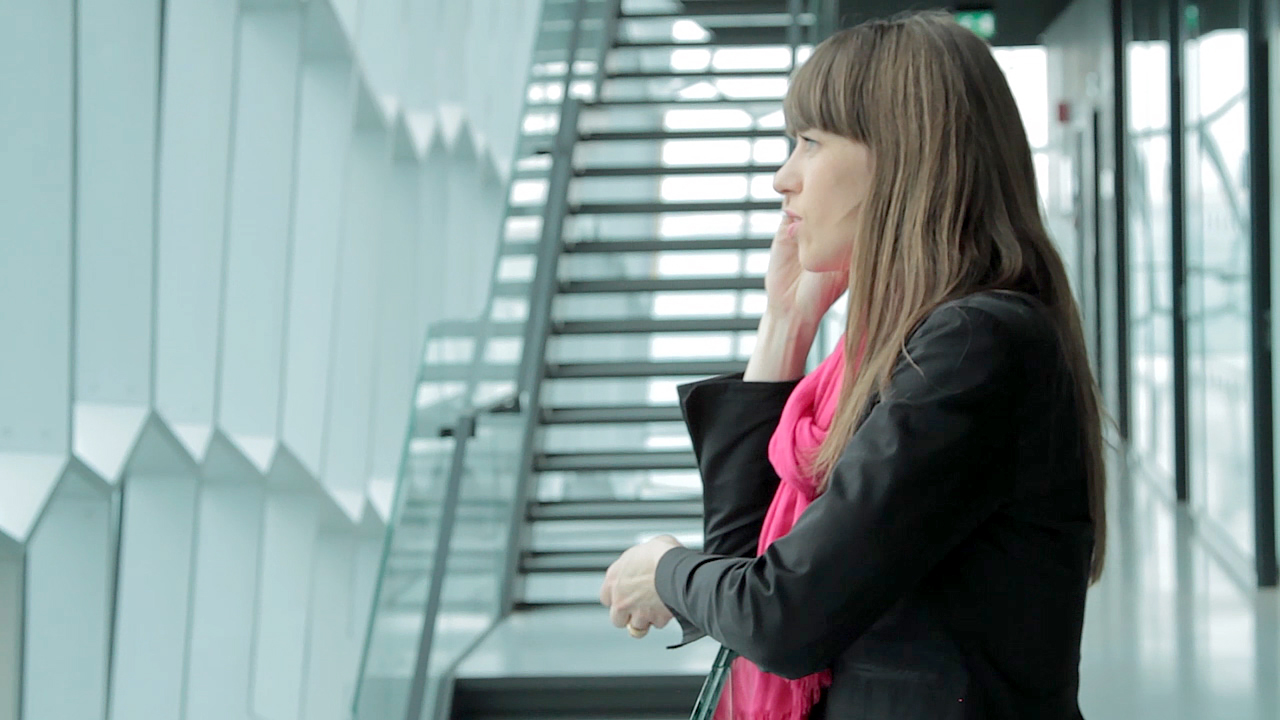MA / MCM in Cultural Management
 The MA/MCM programme in Cultural management is a 90 ECTS distance learning programme on postgraduate level. Qualified candidates must have completed a cycle university degree (BA or BS). In exceptional cases other degrees or experience can be evaluated as equivalent to such a degree.
The MA/MCM programme in Cultural management is a 90 ECTS distance learning programme on postgraduate level. Qualified candidates must have completed a cycle university degree (BA or BS). In exceptional cases other degrees or experience can be evaluated as equivalent to such a degree.
The programme in Cultural Management is taught only through distance learning system and full time MA students complete their coursework in two semesters, fall and spring. A vital part of the program is the MA thesis (30 ECTS) which students write in the fall and spring terms after the completion of their coursework. Students finishing MCM in cultural management finish 78 ECTS in courses and a 12 ECTS final project. Students who wish to continue their education on doctoral level, must obtain the MA degree, whereas the MCM does not grant access to doctoral studies.
The programme is designed to provide training in research, planning and management within the cultural sector, including both education and creative industries. The programme is taught in Icelandic.
Semester 1st year
| Autumn | ECTS | Spring | ECTS |
| Cultural Economics | 6 | Financial Management for the Cultural Sector | 6 |
| International Opportunities in the Creative Industries | 2 | Research Methods | 6 |
| Culture and Management | 6 | Cultural Policy | 6 |
| Project Management and Planning | 6 | Cultural Studies | 6 |
| Elective course: Culture, Market, Media OR Humour and Equality in Management | 6 |
Elective course: Public Administration Law for Managers OR Strategic Planning and the Role of Cultural Institutions
|
6 |
| 30 | 30 |
Semester 2nd year MA
| Autumn | ECTS |
| MA thesis | 30 |
| 30 |
Semester 2nd year MCM
| Autumn | ECTS |
| Humour and Equality in Management | 6 |
| Elective management course | 6 |
| Elective management course | 6 |
| Final Project in Cultural Management | 12 |
| 30 |
